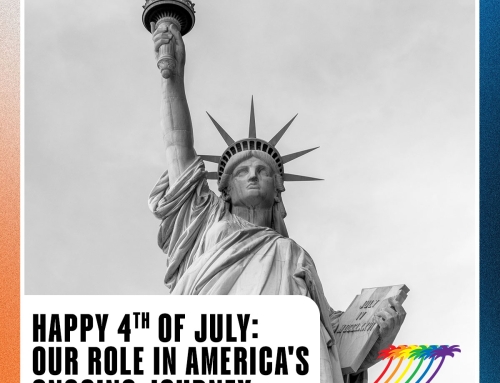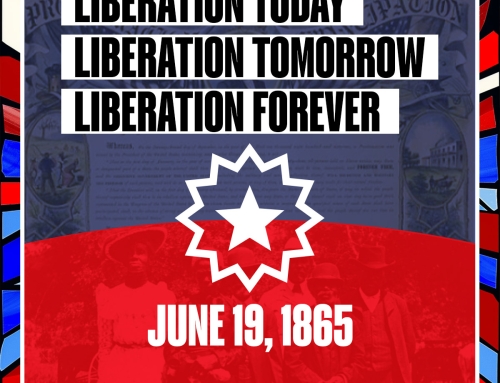Icons of Change: Celebrating Black and Queer Representation
In the vibrant tapestry of modern media, few threads are as rich and as profoundly impactful as those woven by black and queer artists. These creators and their stories are not just elements of diversity for diversity’s sake; they are vital narratives that shape our understanding of the world and each other. In this celebration of black and queer representation, we delve into the transformative power of shows like FX’s “Pose,” the cinematic masterpiece “Moonlight,” the groundbreaking play “A Raisin in the Sun,” and the pioneering musical “Shuffle Along.” Each, in its unique way, has paved the way for a more inclusive and understanding world.
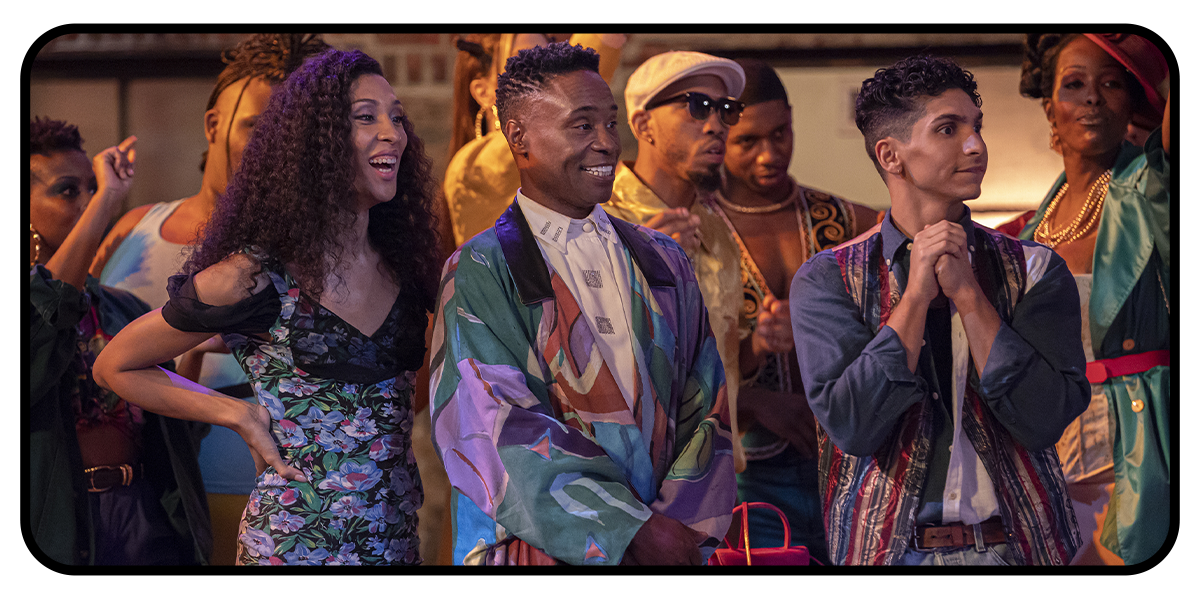
“Pose” stands out as a revolutionary TV show that brought the stories of black and brown queer individuals to mainstream television with authenticity and grace. By showcasing the lives of trans women of color during a challenging period in history, “Pose” broke barriers, proving that audiences crave stories told by and about queer people of color. It’s a vibrant depiction of ballroom culture, highlighting themes of chosen family, solidarity, and the fight for recognition and rights.
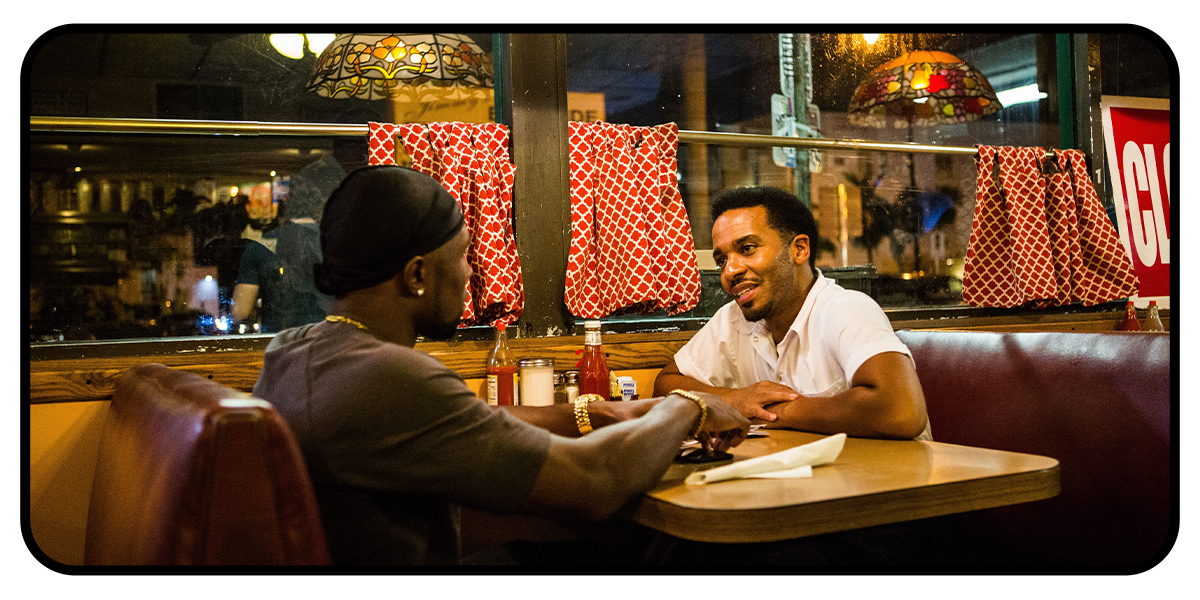
Similarly, “Moonlight” broke the mold of traditional cinema by telling the heartfelt story of Chiron, a young black queer youth navigating his identity. This film’s exploration of masculinity, homophobia, and self-acceptance, coupled with its historic Oscar win, marked a significant moment for black queer cinema, offering a beacon of hope and a testament to the power of love and understanding.
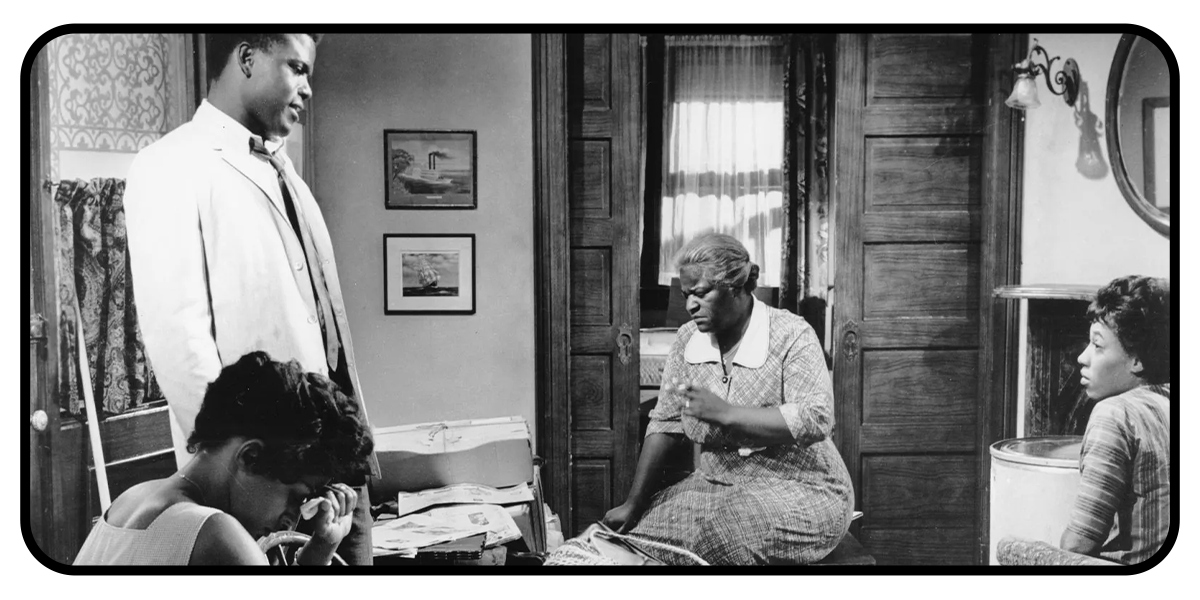
Meanwhile, “A Raisin in the Sun,” penned by Lorraine Hansberry, changed American theatre’s landscape by bringing a black family’s dreams and struggles to the Broadway stage. Hansberry’s role as an activist and a queer icon, coupled with her exploration of identity, justice, and aspiration, resonates with the ongoing dialogue about race, class, and the American Dream.
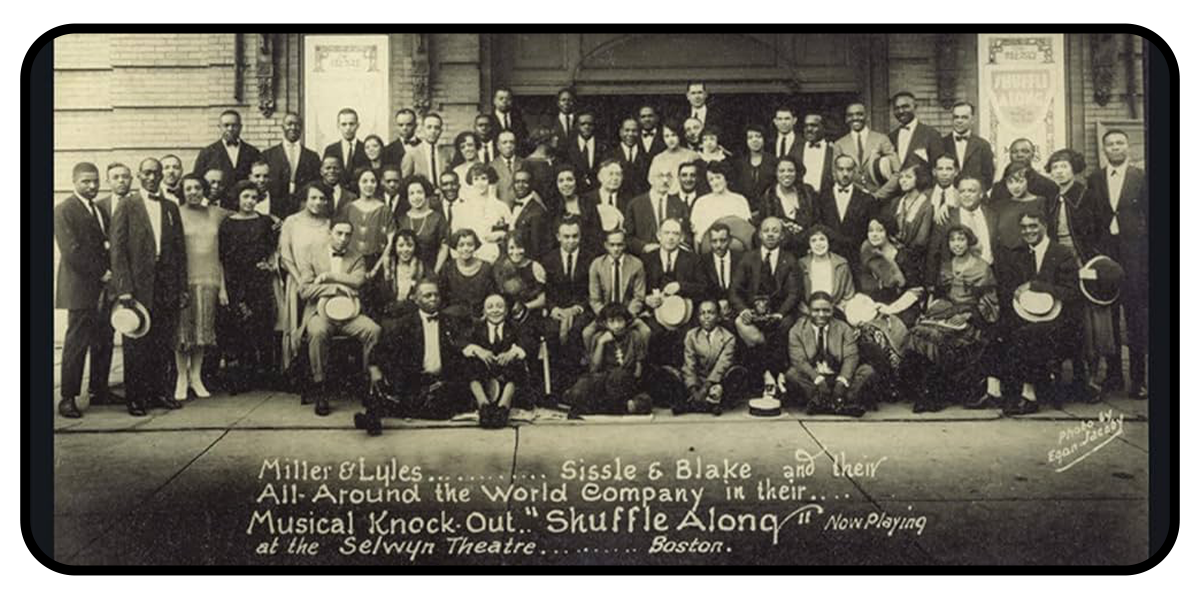
Lastly, “Shuffle Along” brought the joy and talent of black performers to Broadway in 1921, showcasing the power of art to cross boundaries and unite people. This musical comedy entertained and transformed Broadway and black entertainment in America, serving as a milestone in black culture and art history.
These icons of change remind us that history isn’t just about the past. It’s about the ongoing journey towards a more inclusive and empathetic world. As we celebrate these stories, we’re reminded of the importance of black history and queer representation in shaping a society where everyone can see themselves reflected in the stories told on screens and stages.
Learning more about black history is crucial because it is integral to the global narrative. Understanding the struggles, contributions, and achievements of black individuals and communities helps us appreciate the richness of our collective human experience. It challenges stereotypes, fosters empathy, and promotes a culture of respect and inclusivity. By recognizing and celebrating those who paved the way for a more inclusive world, we honor their legacy and inspire future generations to keep pushing for equality and justice.
Until next time, let’s remember to keep shining, loving, and making history, just like the icons of change who have shown us the way.
By: Harold Marrero
Chief Operating Officer
We encourage you to share this information with friends, fellow teachers, and allies and join us in bringing awareness to our efforts. Your support is essential for our ongoing work to create safe spaces for all students, regardless of ethnicity, gender, sexual orientation, or expression. Please consider donating to Safe Schools so that we can continue advocating for inclusivity and diversity within the education system.



